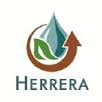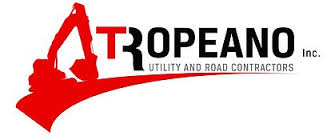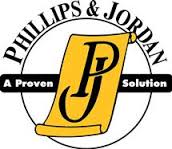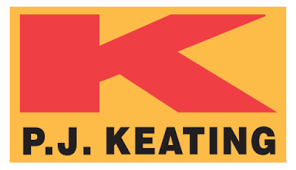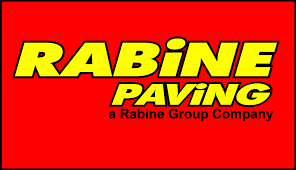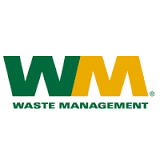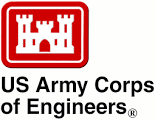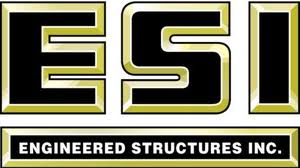News
EPA requires seven Kauai cesspools to be closed to protect groundwater, fines Hawai‘i DLNR again
Mar 04, 2021
HONOLULU – The U.S. Environmental Protection Agency (EPA) has taken enforcement action on Kauai to direct the closure of seven large-capacity cesspools (LCCs) and collect $221,670 in fines from the Hawai‘i Department of Land and Natural Resources (DLNR). In 2005 EPA banned LCCs, which can pollute water resources, under the Safe Drinking Water Act.
“EPA has taken several actions against Hawai’i DLNR and encouraged them to conduct an audit of all remaining properties to identify any remaining illegal large capacity cesspools to prevent future fines,” said EPA Pacific Southwest Regional Director of Enforcement and Compliance Assurance Amy Miller. “Large-capacity cesspools can contaminate our groundwater, streams and ocean resources. EPA will continue efforts to identify, fine and close all remaining LCCs in Hawaii.”
EPA is authorized to issue compliance orders and/or assess penalties to violators of the Safe Drinking Water Act’s LCC regulations. EPA’s enforcement action to close LCCs owned by DLNR is based on an August 2019 inspection and additional submitted information. The enforcement action includes the following DLNR properties:
•Camp Hale Koa: Located in the Kokee Mountain State Park, EPA found three LCCs associated with the campgrounds. A non-profit organization leases the property from DLNR and operates the land parcel as a camping property that is available for daily or weekly group camping. These cesspools have been closed.
•Waineke Cabins: Also located in the Kokee Mountain State Park, EPA found two LCCs serving the cabins. The United Church of Christ, under its Hawaii Conference Foundation body, leases the property from DLNR and operates the land parcel as a group camping property. These cesspools have been closed.
•Kukui Street commercial property: Located in the town of Kapaʻa, EPA discovered two LCCs serving 4569 Kukui Street. aFein Holdings, LLC, leases the property from DLNR and operates the land parcel as a multi-tenant commercial property. The Kukui property must close the cesspool by June 30, 2022.
Since the 2005 LCC ban, more than 3,600 LCCs in Hawaii have been closed; however, many hundreds remain in operation. Cesspools collect and release untreated raw sewage into the ground, where disease-causing pathogens and harmful chemicals can contaminate groundwater, streams, and the ocean. Groundwater provides 95% of all local water supply in Hawaii, where cesspools are used more widely than in any other state.
To encourage regulated entities to voluntarily find, promptly disclose, and expeditiously close LCCs, EPA may provide penalty mitigation and other incentives for organizations that disclose, correct, and prevent violations. Information on how to self-disclose potential large-capacity cesspool violations is available at: https://www.epa.gov/compliance/epas-edisclosure.
For more information on the large-capacity cesspool ban and definition of a large-capacity cesspool, please visit: http://www.epa.gov/uic/cesspools-hawaii.
For more information on this agreement visit: https://www.epa.gov/hi/proposed-settlement-safe-drinking-water-act-administrative-penalty-state-hawaii-department-land.
The live sessions from Brad were amazing





